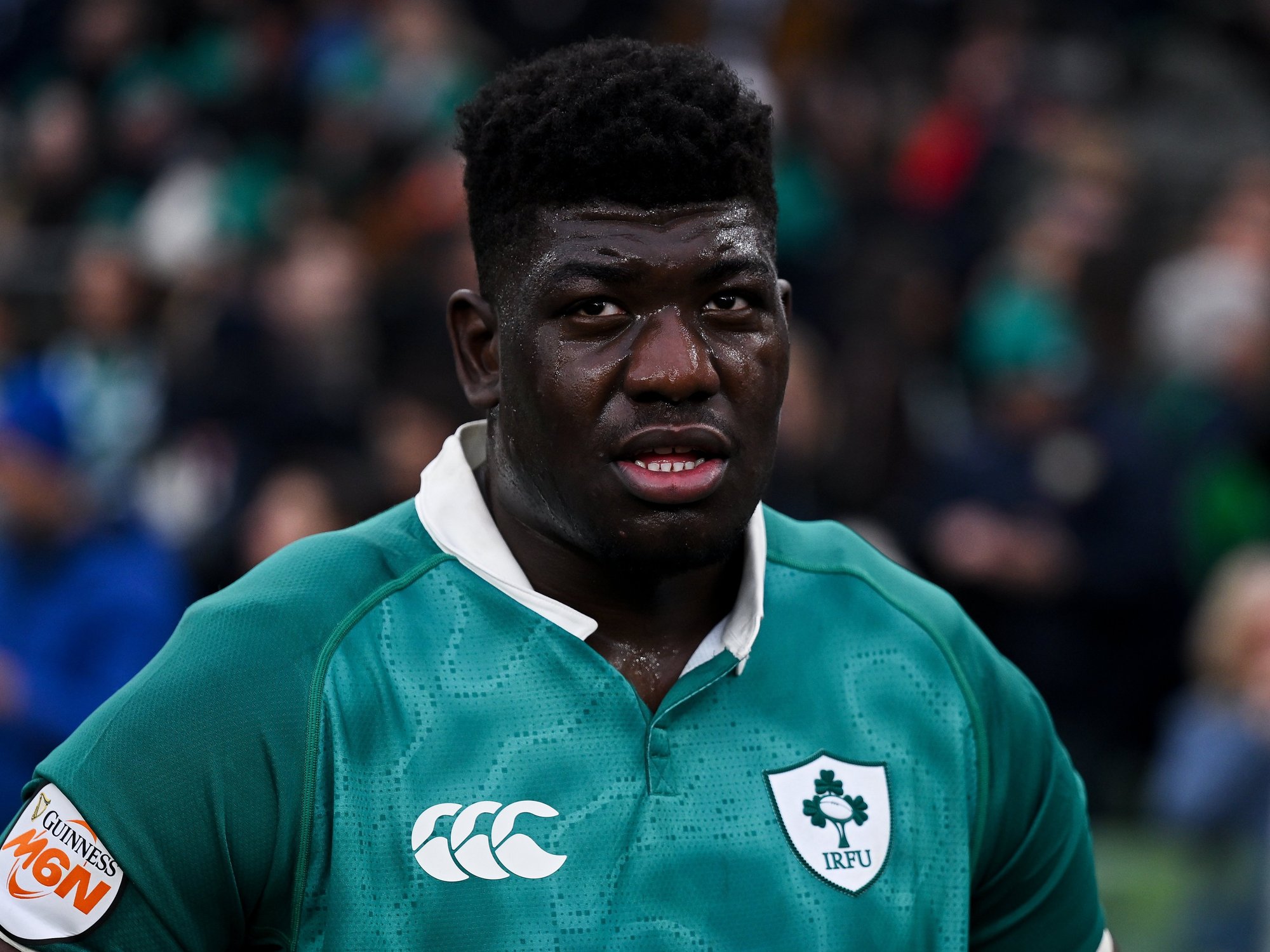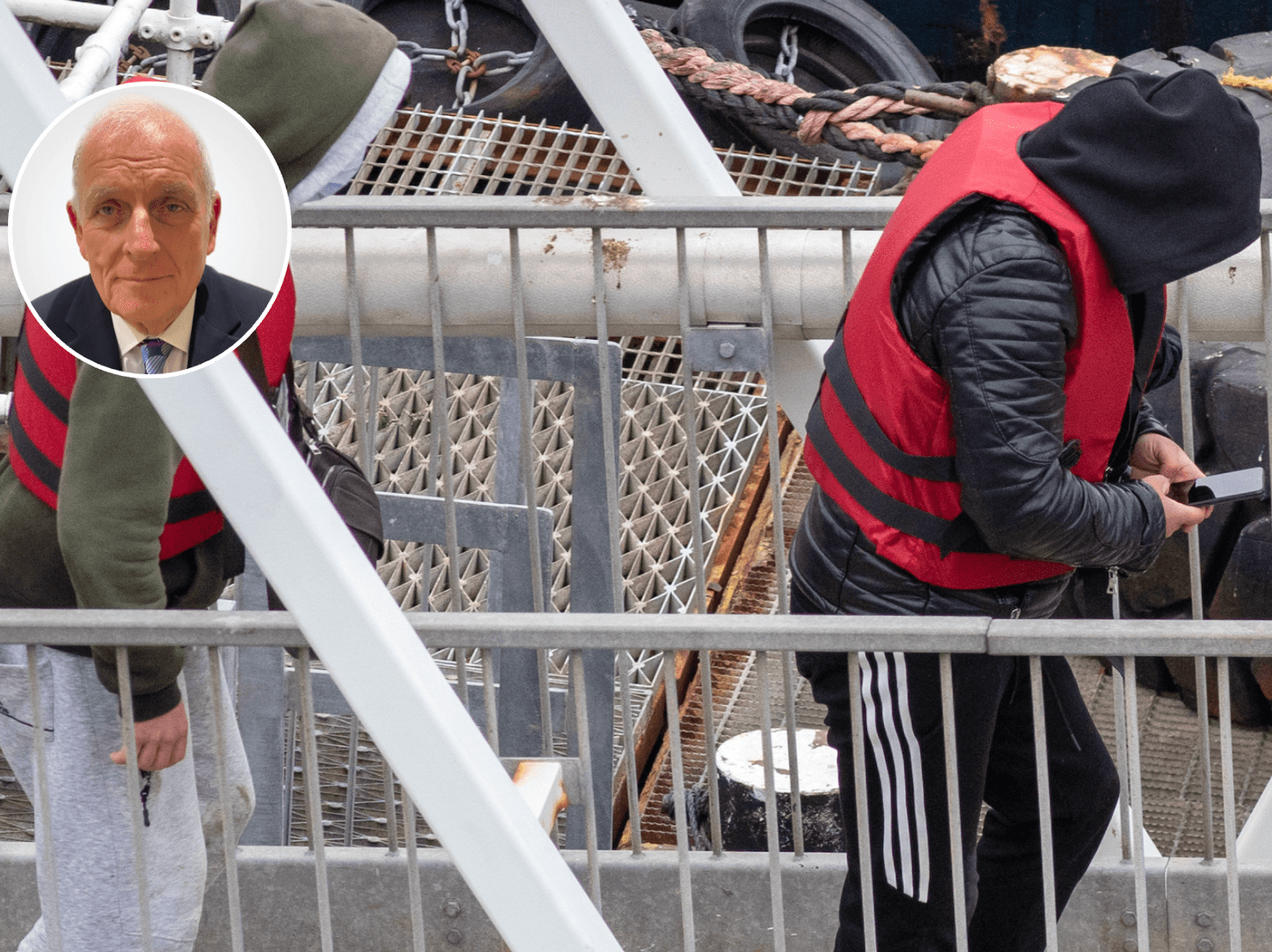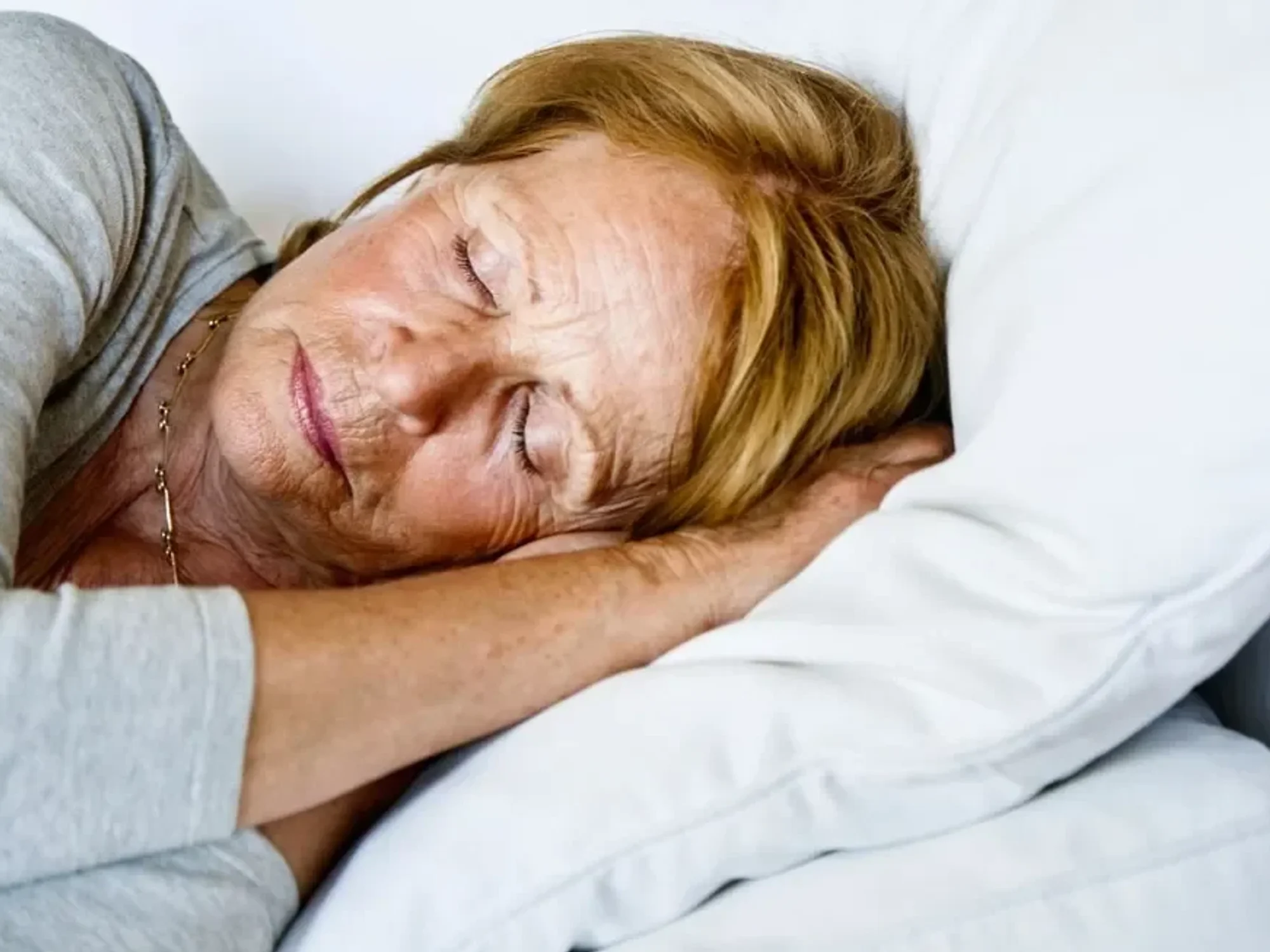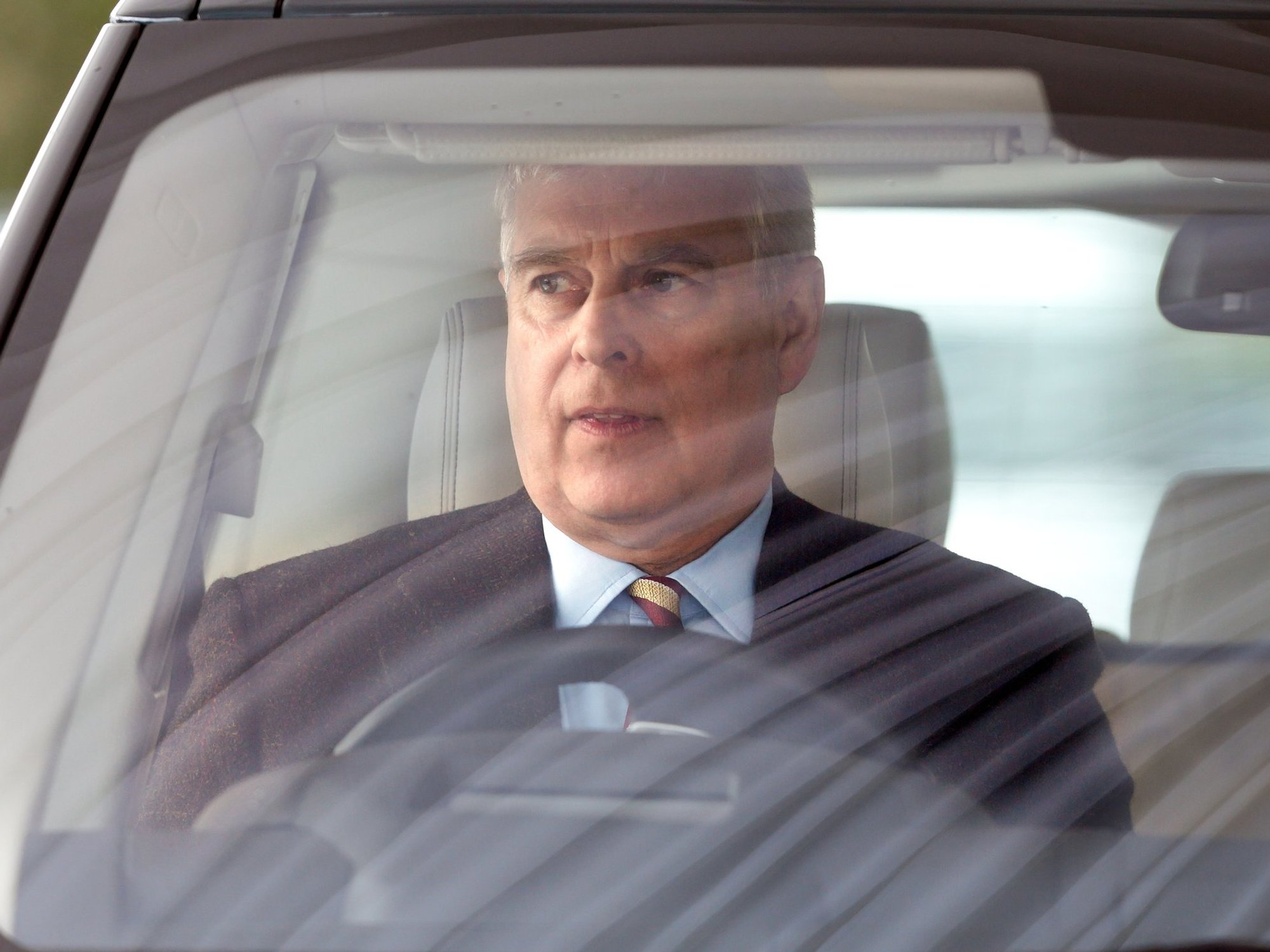Europe's asylum hubs: How the EU is finally dealing with the migration problem
Asylum seekers could be housed outside EU as tougher stance on migration sweeps continent
Don't Miss
Most Read
Latest
Europe’s leaders will discuss solutions for the growing migration problem when they meet in Brussels this week, including setting up Rwanda-style asylum hubs in countries outside the EU.
The bloc has been under pressure to toughen its stance on migration ahead of the two-day summit as immigration concerns continue to dominate political discourse across Europe.
Responding, President of the EU Commission Ursula von de Leyen asked one of her deputies to “counter illegal migration,” adding: “We should also continue to explore possible ways forward as regards the idea of developing return hubs outside the EU."
Ms Von der Leyen’s comments mark a significant shift in EU policy. In 2018, asylum hubs in countries outside the EU were considered: “neither desirable or feasible.”
The news comes after Italy became the first country to send migrants to an asylum seekers’ hub outside the EU (in Albania) today.
The two countries have an agreement that allows the deportation of 36,000 migrants a year if they are deemed to be from safe countries.
This is similar to the UK’s Rwanda scheme- scrapped by Labour- but differs slightly as asylum seekers would have been resettled in Africa permanently.
The summit comes in the wake of Poland Prime Minister Donald Tusk's vow to defend his country's borders by suspending the right for arrivals to claim asylum.
Tusk posted: “It is our right and our duty to protect the Polish and European border. Its security will not be negotiated. With anyone.”
Finland has enacted similar measures in closing its border with Russia, accusing Putin of weaponising migration. The Baltic States have also not ruled out closing their borders (EU borders).
Across Europe, support for right wing anti-immigration parties has been growing. Emmanuel Macron and Olaf Scholz, leaders of the EU’s largest countries France and Germany, have responded by calling on the EU to toughen its stance on migration.
The elections of Italy's Giorgia Meloni and Hungary's Viktor Orban partly demonstrate the potency of immigration at the ballot box. Both will be watching Tusk’s migration rebellion and the upcoming summit closely to see how the EU responds.
In Britain, 26,612 people have crossed the channel in small boats this year, part of some 170,000 who have crossed since 2018.










